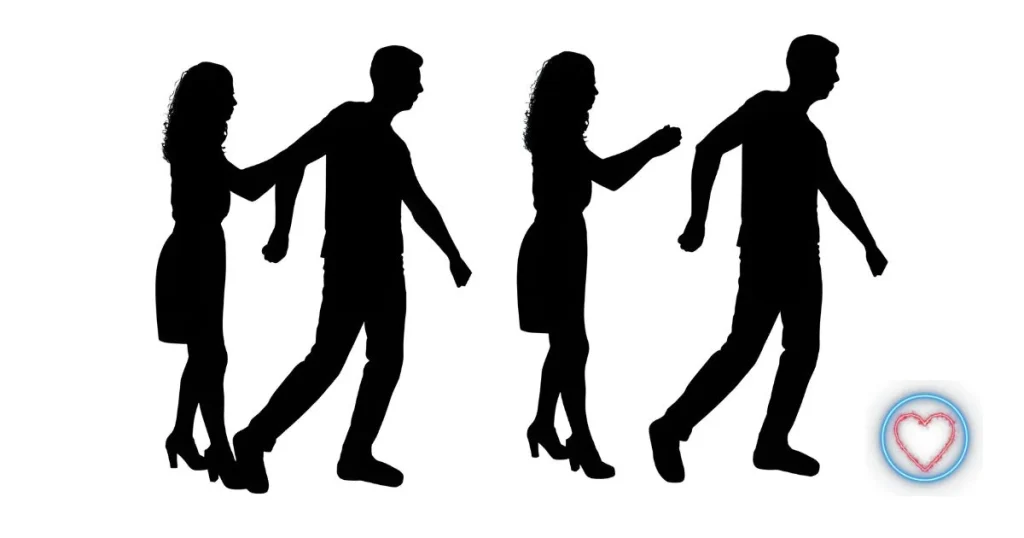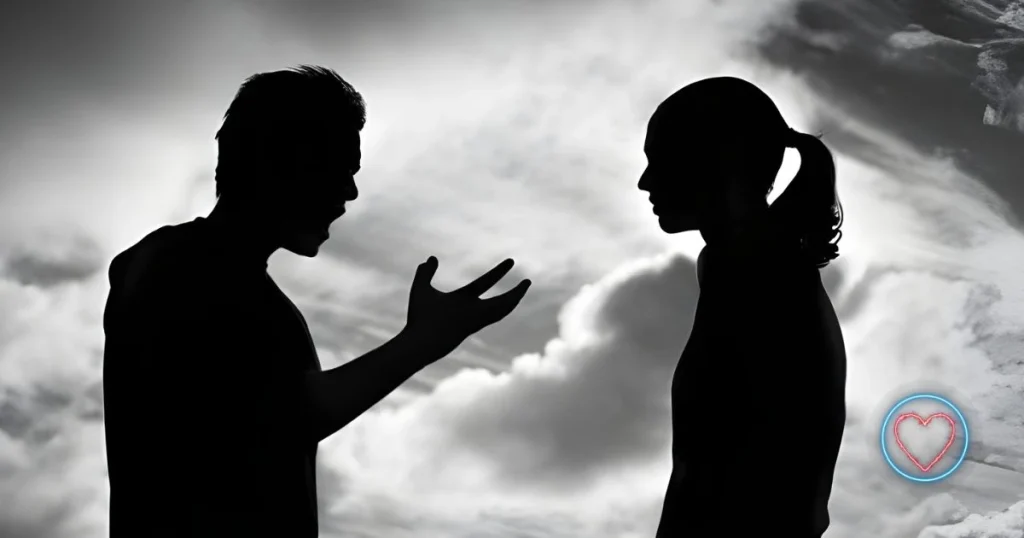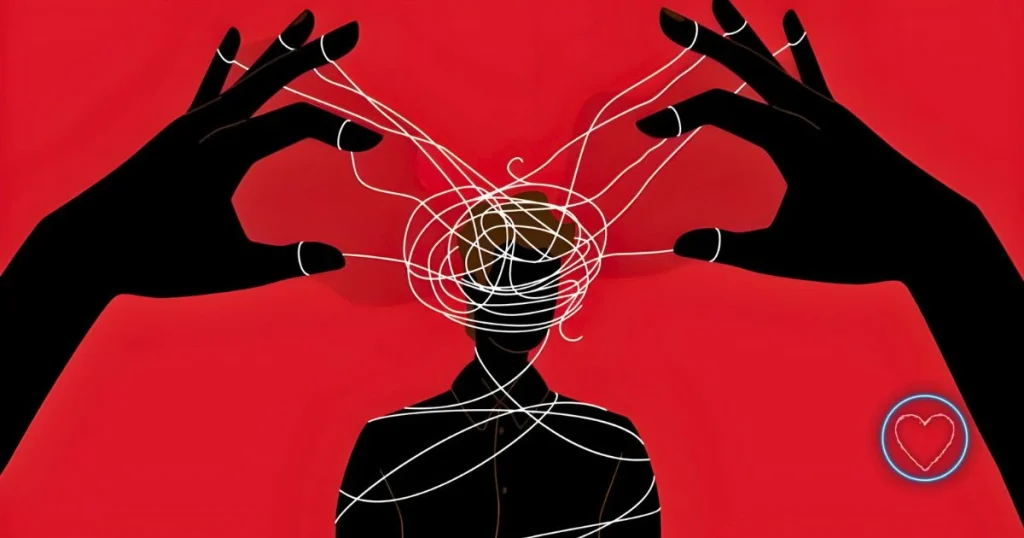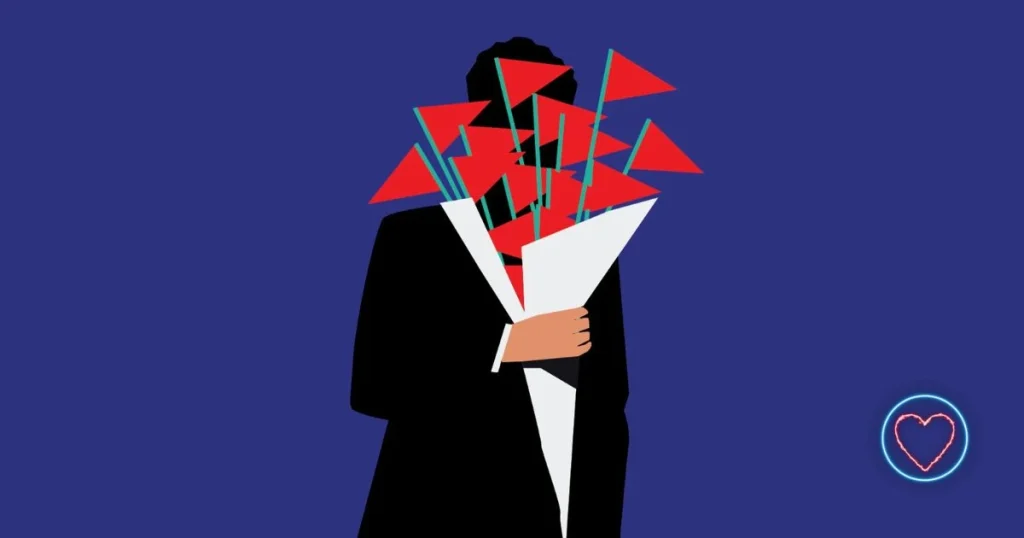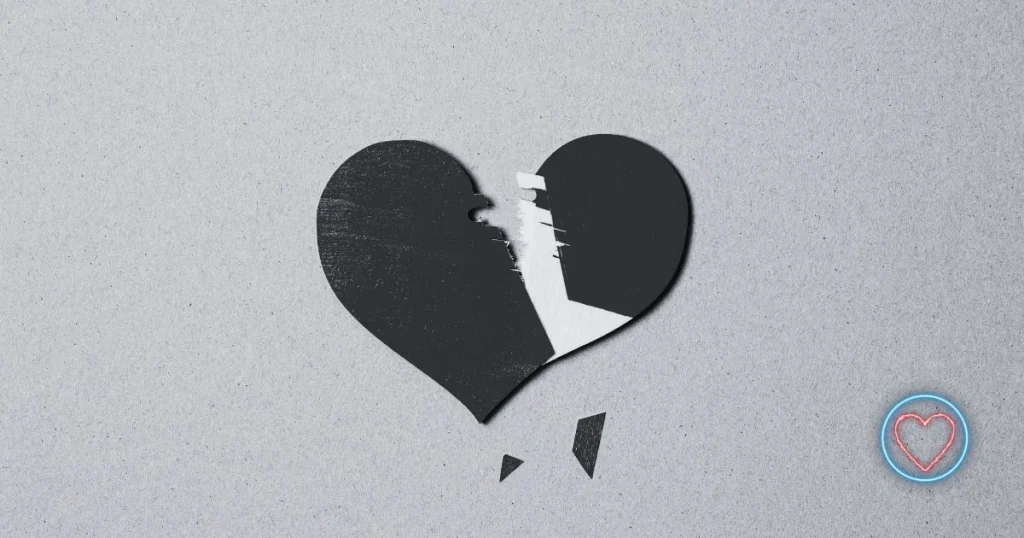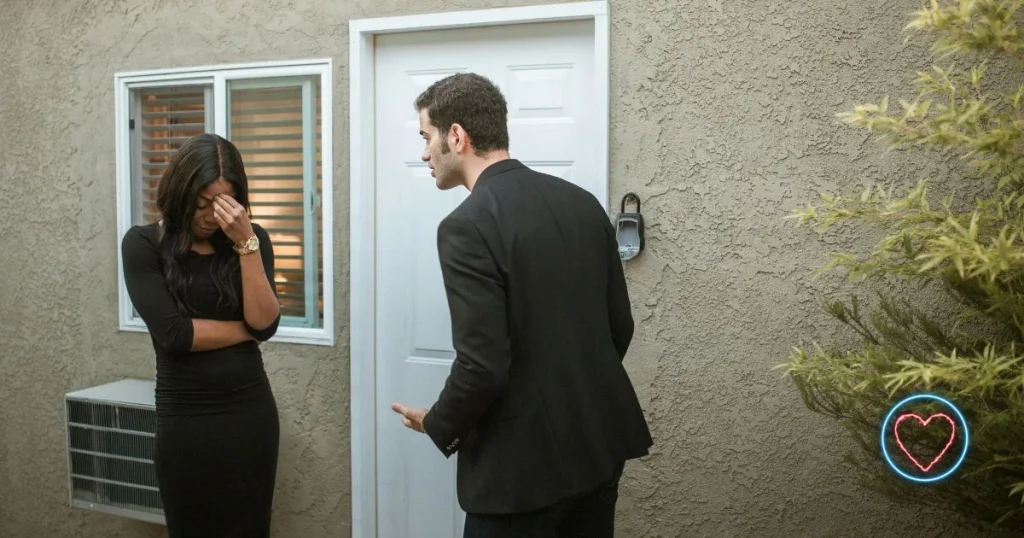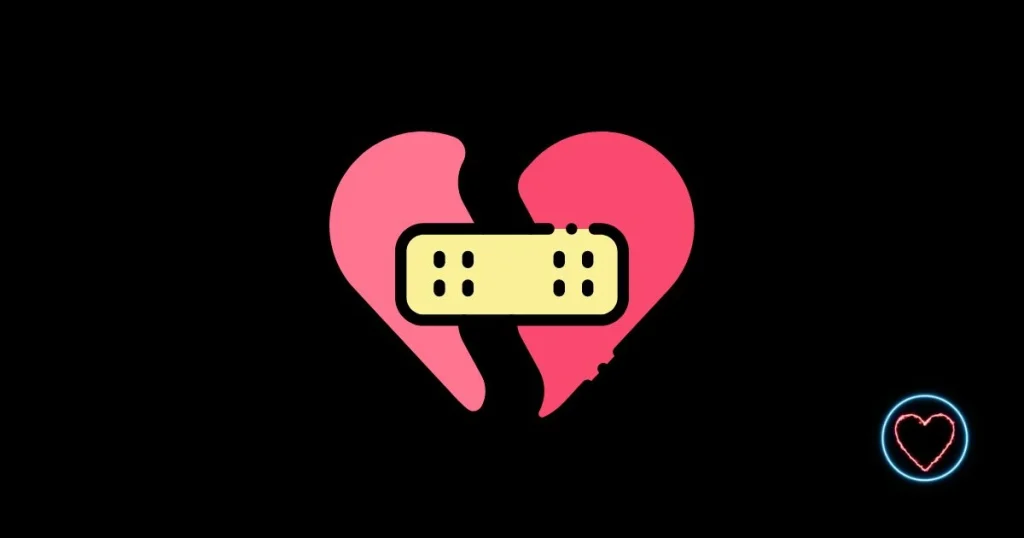Entering a relationship often comes with excitement, hope, and the desire to see the best in your partner. However, alongside the thrill, there can be warning signs—red flags—that signal potential issues. Ignoring these red flags might seem easier in the moment, especially when emotions run high, but doing so can have significant consequences. This article explores what happens when you ignore red flags in a relationship, why we tend to overlook them, and how to protect yourself from emotional harm.
Understanding Red Flags in Relationships
Red flags are warning signs that something may be unhealthy or problematic in a relationship. These signs can manifest as behaviors, patterns, or feelings that indicate incompatibility, disrespect, or emotional danger. Examples include consistent dishonesty, controlling behavior, lack of empathy, disrespect of boundaries, or frequent emotional outbursts.
While a red flag doesn’t always guarantee disaster, it’s a signal to pause, reflect, and evaluate whether the relationship is truly serving your well-being.
Why Do People Ignore Red Flags?
Before diving into what happens when red flags are ignored, it’s important to understand why this happens in the first place. Several psychological and emotional factors contribute:
1. Hope and Optimism
Love often comes with the hope that your partner will change or improve. You may believe that what you see now is temporary or that the relationship’s positive aspects will outweigh the negatives.
2. Fear of Being Alone
Sometimes, the fear of loneliness is so strong that people choose to overlook problems rather than face being single. The comfort of companionship can feel safer than addressing uncomfortable truths.
3. Low Self-Esteem
If you struggle with self-worth, you might accept less than you deserve. This can make red flags seem less urgent or justify staying in unhealthy situations.
4. Normalization of Toxic Behavior
For some, dysfunctional relationship patterns are familiar from past experiences or family dynamics, making red flags feel “normal” or acceptable.
5. Emotional Investment
The more time and energy you invest, the harder it is to pull away. The sunk cost fallacy can keep you trapped, making it difficult to acknowledge warning signs.
What Happens When You Ignore Red Flags?
Ignoring red flags can have cascading effects on your emotional, mental, and even physical health. Here are some common consequences:
1. Erosion of Self-Worth
One of the most immediate impacts is on your self-esteem. When you consistently overlook disrespect, manipulation, or neglect, it sends a message to yourself that your feelings and needs don’t matter. Over time, this can deeply erode your sense of worth and confidence.
2. Emotional Exhaustion and Stress
Red flags often point to patterns that drain your emotional energy—such as constant arguing, gaslighting, or controlling behaviors. Ignoring these leads to chronic stress, anxiety, and emotional fatigue. You might find yourself feeling overwhelmed, confused, or emotionally numb.
3. Loss of Personal Identity
In some relationships with ignored red flags, one partner may dominate or control the other. Over time, you may lose sight of your own interests, values, and goals as you adapt to the relationship’s demands or try to avoid conflict.
4. Damaged Mental Health
Ignoring warning signs can contribute to the development or worsening of mental health issues such as depression, anxiety disorders, or post-traumatic stress disorder (PTSD). Emotional abuse and chronic stress in relationships are strongly linked to these conditions.
5. Physical Health Problems
Stress and emotional turmoil don’t stay in the mind—they affect the body too. Chronic stress can lead to headaches, digestive issues, sleep disturbances, and weakened immune function. Sometimes, physical symptoms can become the only outward sign of a toxic relationship.
6. Normalization of Toxic Behavior
When you repeatedly excuse or tolerate bad behavior, you may begin to accept toxicity as a normal part of relationships. This not only harms your current relationship but can affect future ones, as your boundaries become blurred.
7. Impact on Social Life and Support Network
Toxic relationships often isolate people from their friends and family. If you ignore red flags, you might find yourself withdrawing from loved ones either because your partner discourages outside connections or because you feel ashamed or exhausted.
8. Escalation of Abuse
What begins as subtle red flags can escalate into more serious abuse—emotional, verbal, physical, or even financial. Ignoring early signs increases the risk that the relationship will become dangerous.
9. Difficulty Leaving Later
The longer red flags are ignored, the more complicated it can be to leave. Emotional dependence, shared finances, children, or intertwined social lives can create practical and emotional barriers, making exit seem impossible.
10. Missed Opportunity for Healthy Love
Finally, by ignoring warning signs and staying in an unhealthy relationship, you might miss the chance to find a truly supportive and loving partner who respects and values you.
How to Respond to Red Flags
Recognizing red flags is the first step toward protecting your emotional health. Here are strategies to consider when you notice warning signs:
1. Listen to Your Intuition
Your gut feeling often senses danger before your rational mind does. If something feels off, don’t dismiss it.
2. Set and Enforce Boundaries
Clearly communicate what behavior is acceptable and what isn’t. If boundaries are crossed repeatedly, take that seriously.
3. Seek Outside Perspectives
Talk to trusted friends, family, or a therapist who can provide objective feedback about the relationship.
4. Educate Yourself
Learn about healthy relationship dynamics and common signs of abuse or manipulation to better understand your experience.
5. Prioritize Your Well-being
Make self-care and mental health a priority. Sometimes stepping back or ending a relationship is necessary for your safety and growth.
When to Seek Professional Help
If red flags involve emotional or physical abuse, manipulation, or severe control, professional support can be crucial. Therapists, counselors, or domestic violence organizations can provide guidance, safety planning, and emotional support.
The Importance of Healing and Moving Forward
If you’ve ignored red flags and experienced harm, healing is possible. Recovery involves reclaiming your self-worth, rebuilding trust in yourself and others, and learning to recognize and respond to healthy versus unhealthy relationship patterns.
Conclusion
Ignoring red flags in a relationship can lead to emotional pain, diminished self-worth, health problems, and, in extreme cases, abuse. Although it’s natural to want to believe in the best version of your partner or relationship, paying attention to these warning signs is essential. Your emotional and physical well-being depend on it.
Ultimately, recognizing and responding to red flags is a powerful step toward healthier, more fulfilling relationships—ones where love is respectful, supportive, and true.

